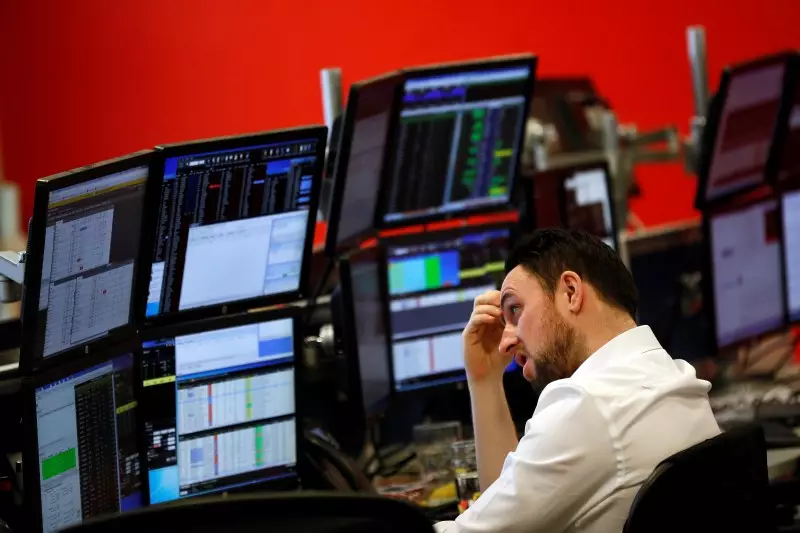The Gulf markets witnessed a slight drop on Sunday in response to Iran’s unprecedented attack on Israeli territory. This attack has left investors on edge, with uncertainty looming over the resumption of trading on Monday. The situation is exacerbated by the latest global macroeconomic data, particularly the hotter-than-expected U.S. inflation figures. This has resulted in a choppy trading environment, with traders trying to navigate the volatile market conditions.
The escalating tensions between Iran and Israel have further added to the market volatility. Iran launched explosive drones and missiles at Israel, triggering fears of a broader conflict. The prospect of a larger response from Iran has left investors uneasy, particularly with regard to the impact on oil prices. The global benchmark Brent crude surged to $92.18 a barrel, its highest level since October, as concerns about supply disruption intensified.
Amidst the geopolitical uncertainty, investors have sought refuge in safe-haven assets such as gold and U.S. Treasury bonds. Gold prices soared to above $2,400 an ounce, reaching record highs, while the benchmark 10-year U.S. Treasury yield experienced a significant drop. This flight to safety indicates the cautious approach adopted by traders in response to the geopolitical turmoil.
The cryptocurrency market also witnessed a wave of volatility, with Bitcoin experiencing a sharp decline of 8% in just 20 minutes. This abrupt drop occurred as reports of the attack on Israel surfaced, highlighting the sensitive nature of the market in times of geopolitical unrest. Despite the initial decline, Bitcoin managed to recover some ground, underscoring the unpredictable nature of digital assets in turbulent times.
Despite the geopolitical tensions and market fluctuations, global markets have displayed resilience in the face of uncertainty. The MSCI global share index reached new highs following Iran-backed Hamas’ attack on Israel, buoyed by strong economic data, particularly in the United States. Central banks’ willingness to cut interest rates has also bolstered investor confidence, with Saudi Arabia’s main index rising by about 20% since the escalation of tensions.
While geopolitical risks remain a concern, some international investors are focusing on the broader economic landscape. The aftermath of the U.S. inflation report and its implications for the Federal Reserve are critical factors that will shape market sentiment in the coming days. Investors are grappling with a fragile market environment, characterized by vulnerability and uncertainty, despite the recent positive market performance.
As the world watches the unfolding events in the Middle East, the impact of geopolitical tensions on global markets cannot be underestimated. The intricate interplay between political events and economic indicators underscores the complex nature of the financial markets. Investors must navigate these uncertain times with caution, keeping a close eye on both macroeconomic trends and geopolitical developments to make informed investment decisions.

